How to choose the right contact lens
There are many factors to choose the right contact lens for you, such as how often you are going to wear the lenses, your prescription. the curvature and health of your eyes. Our optometrists at Evershine Optical will be here to help you .
Types of contact lenses
There are 2 types of contact lenses, soft and rigid contact lenses. Many often goes for soft contact lenses first. Unless they are deemed to be not suitable for soft contact lenses, eg, due to dry eyes, poor vision, high prescription, then they will opt for rigid contact lenses.
The image below shows soft and RGP contact lenses. Soft contact lenses are bigger and softer while RGP contact lenses are smaller and more rigid.
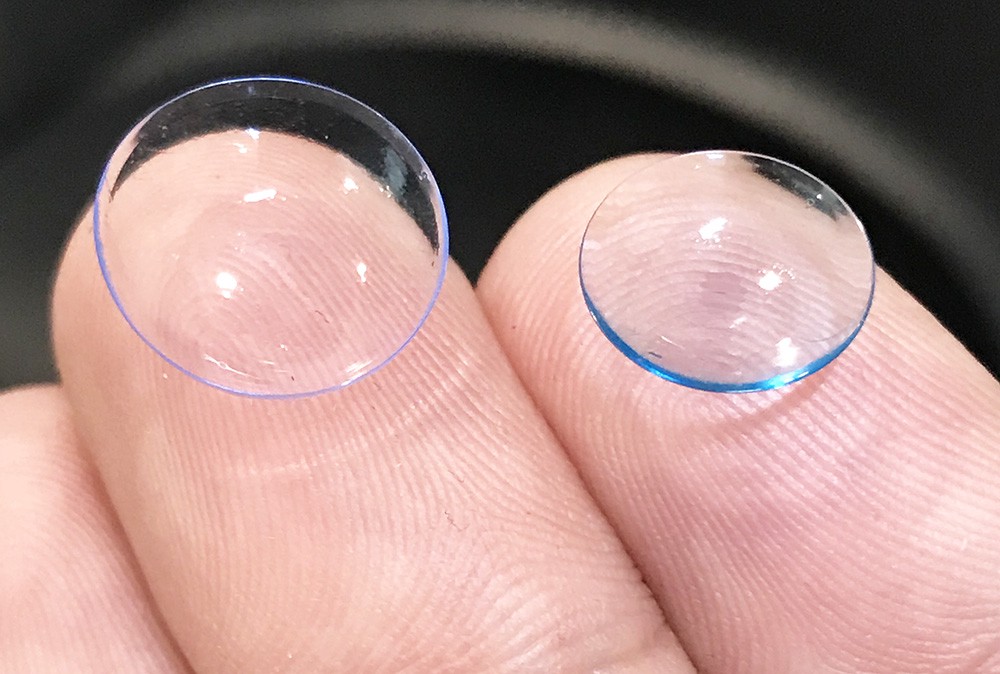
Modality
Modality of the lens refers to whether you want the lens to be daily disposable, bi-weekly disposable or monthly disposable. This depends on how often you want to wear the contact lenses. Usually if you want to wear only 1-2 days per week, daily disposable will be recommended. If you are wearing them more than 3 days per week, bi-weekly or monthly disposable will be recommended. However, using bi-weekly or monthly disposable means you will need to clean and store the contact lenses at a regular basis or when you use them.
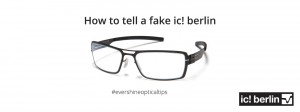
Lens material
The common contact lens materials are Hydrogel and Silicone Hydrogel. Silicone hydrogel is a more oxygen permeable material, which allows more oxygen entering your eyes as compared to Hydrogel. This increased oxygen permeability may reduce the risk of contact lens-related eye problems. However, contact lenses made from silicone hydrogel is usually more expensive than hydrogel ones. Depending on your eye health, wearing hours and budget, our optometrists will recommend you accordingly.
Size of contact lenses
Contact lenses comes in different size which are known as base curve and diameter. These can affect how well the contact lenses are staying on your eyes, whether are they too loose or too tight. If they are too loose, the lens might drop out when you move your eyes. If they are too tight, you might feel uncomfortable after 1-2 hours of contact lens wear. A contact lens consultation is recommended to asses the curvature of your eyes to determine which base curve is suitable for you.
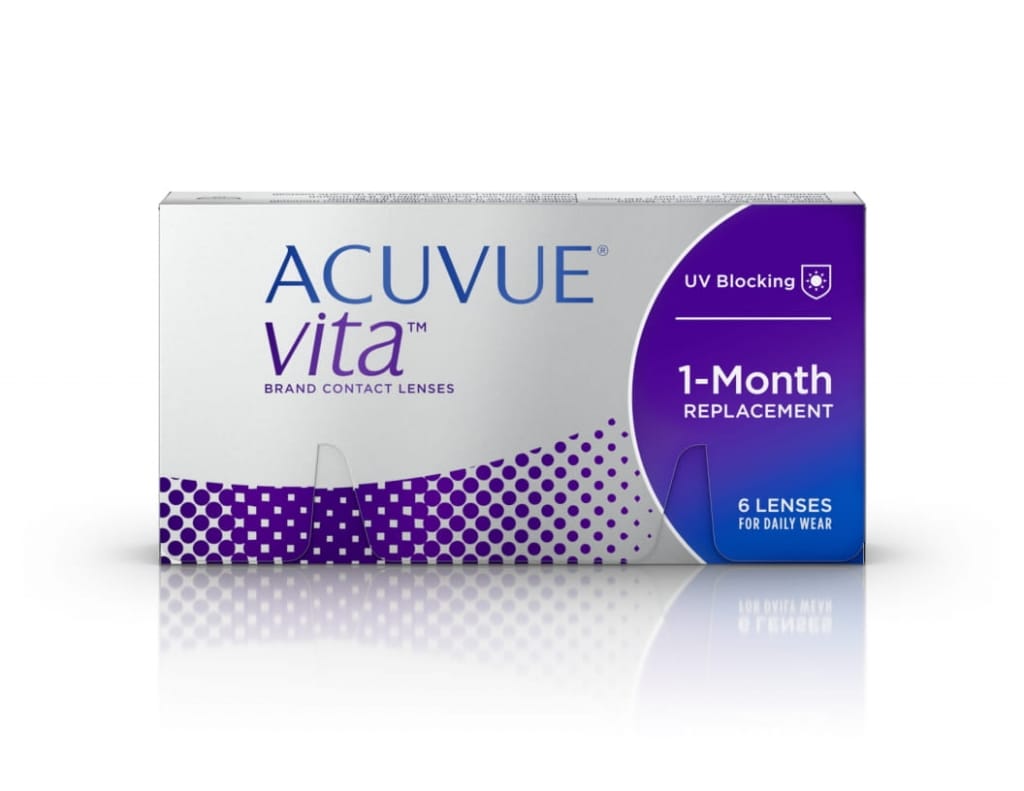
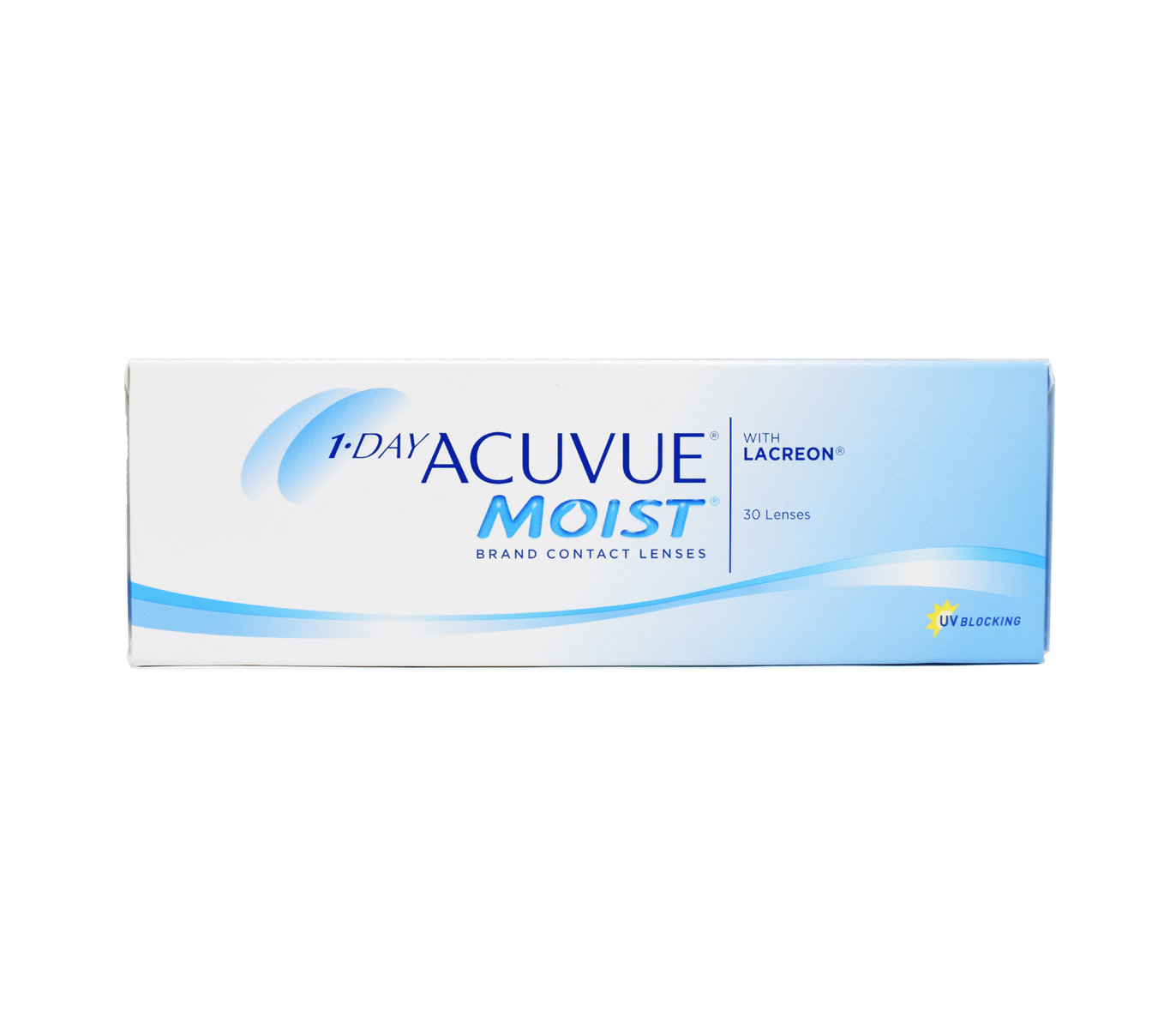
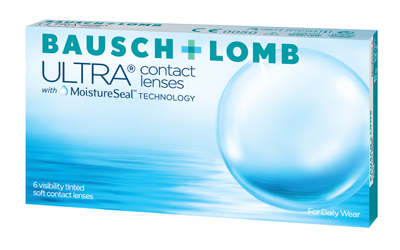
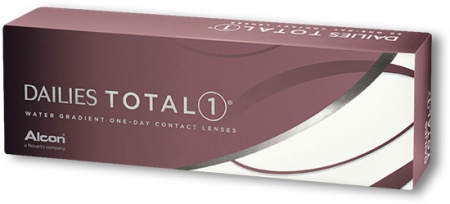
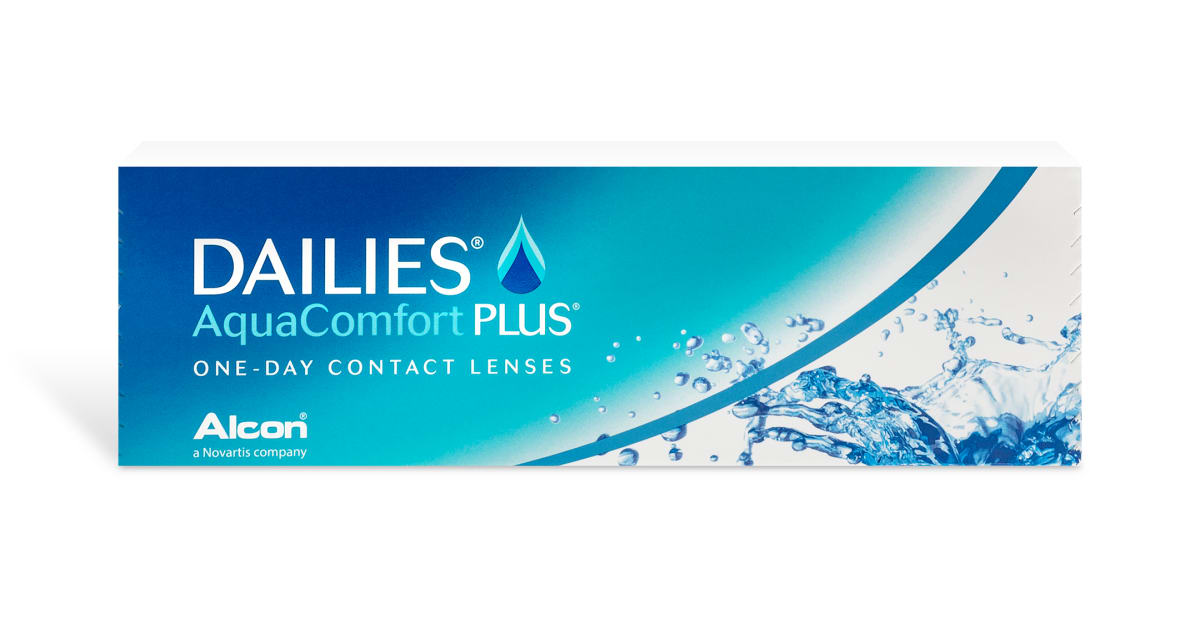
There are many contact lens company around such as Johnson & Johnson, Baush & Lomb, Alcon and more. Every company have different material, technology and size.
Hence, it is recommended to go through a contact lens consultation to find out which contact lens is suitable for you depending on your lifestyle, the curvature of your eyes and your eye health.
What to expect during a contact lens consultation
During a contact lens consultation, our optometrists will:
- Corneal Topography
- To map the surface of your cornea
- To assess how curve your cornea is
- Refraction test
- Objective and Subjective refraction
- To assess the degree of your eyes
- Eye health check
- To examine the health of the front and back part of your eyes.
- Eg, if you have any dry eyes
After assessing if you are suitable for contact lens wear, we will recommend the type of contact lenses according to your lifestyle and your intended wearing schedule.
Subsequently, our optometrists will:
- Check contact lens fit
- To assess how well the lenses is staying in your eyes
- Check vision with contact lens
- Teach lens insertion and removal
Why is it important to have a contact lens consultation
Astigmatism and multifocal contact lenses are different from normal single vision contact lenses.
For toric contact lenses that corrects astigmatism, the axis of rotation will affect your vision. Even if the axis of the contact lens is the same as your spectacle prescription, the rotation will affect how well you can see. A compensation of the axis will be needed for you to have clearer vision. Thus, the axis of your contact lens is not necessary the same as your spectacle prescription, which is why it is important to have a contact lens consultation.
For multifocal contact lenses, even though the prescription for the contact lenses is theoretically correct, you might still experience blur distance vision but clear near vision, clear distance vision but blur near vision or blurry distance and near vision. The prescription will then need to be adjusted accordingly.
Therefore, it is important to go through a contact lens consultation especially for astigmatism and multifocal contact lenses so that the optometrists can adjust the prescription before the problems arise after you brought home the lenses.
Frequently asked questions from contact lens wearers
Can I wear contact lenses if I have dry eyes
You can still wear contact lens when you have dry eyes. However, it also depends on the severity of your dry eyes which can be assessed through an eye examination.
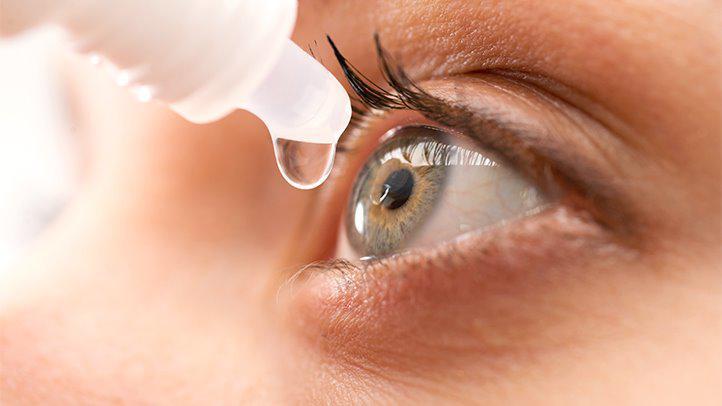
Will the lens roll to the back of my eyes
No, it will not. Our eyelids are structured in such a way that no objects can get stuck behind our eyes. If it happens whereby you lost your contact lens in your eyes, visit an optical shop with an optometrist to help with the removal of the lens.

Can I sleep with my contact lenses
It is not advisable to sleep with your contact lenses on. Other than not sleeping with your contact lenses, there are also other Do and Don’ts of contact lenses such as not to shower and swim (without googles) with your lenses on as these habits increase the risk of eye infection. These advice are usually given when you purchase contact lenses especially for first time wearers.
How old should my child be to wear contact lenses
This depends on how responsible your child is. Wearing contact lens requires your child to have good hygiene, able to clean and store the lenses properly if they are not using daily disposables. Having said that, the parents also play an important role to ensure successful lens wear for young children wearing contact lenses.
There are children as young as 8 years old when they started wearing contact lenses. They get to enjoy the benefits contact lens bring such as not needing to bear the weight of the spectacle, have a wider field of vision during sports and more. Wearing certain contact lenses such as Coopervision Misight, ACUVUE Abiliti, Orthokeratology lenses can also control your child’s myopia progression other than just the benefits mentioned earlier.
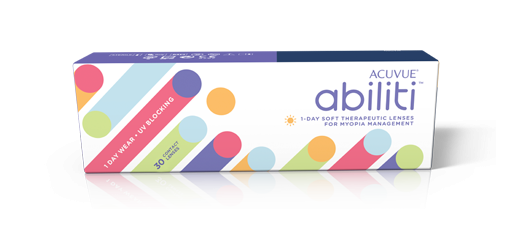
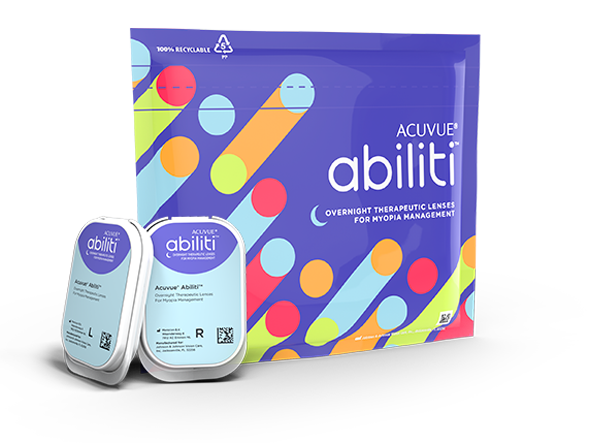
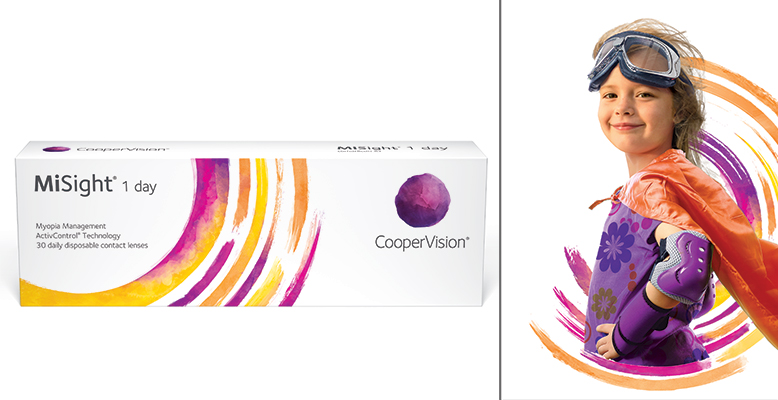
Contact lens @ Evershine Optical
At Evershine Optical, we provide contact lens consultation whether you are first time wearer or experience problems with your current pair of contact lens. We also do soft, RGP contact lenses, multifocal contact lens and Orthokeratology lenses. Book an appointment with us or WhatsApp us at +6588461234 to find out which contact lens is the most suitable for you.
